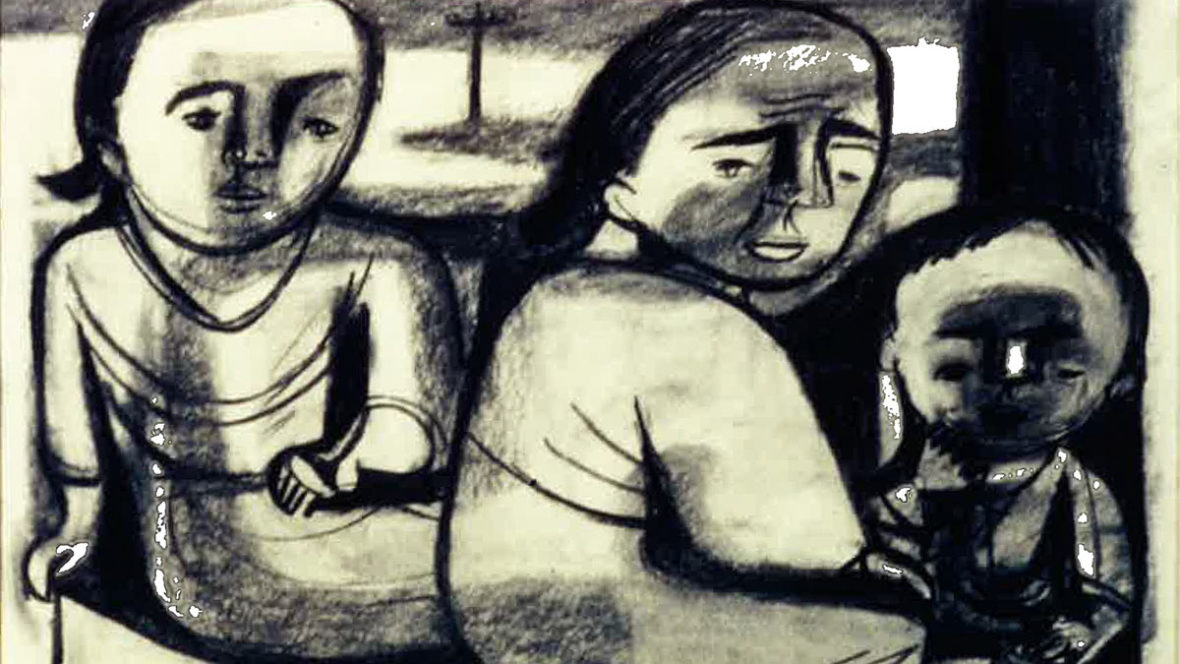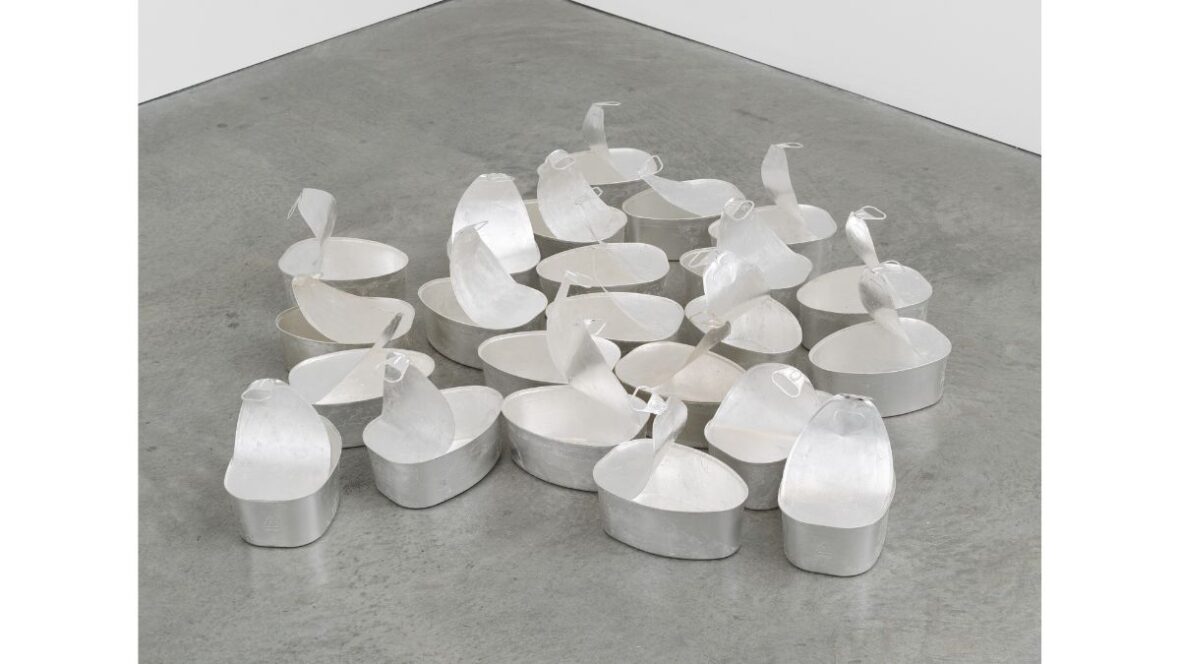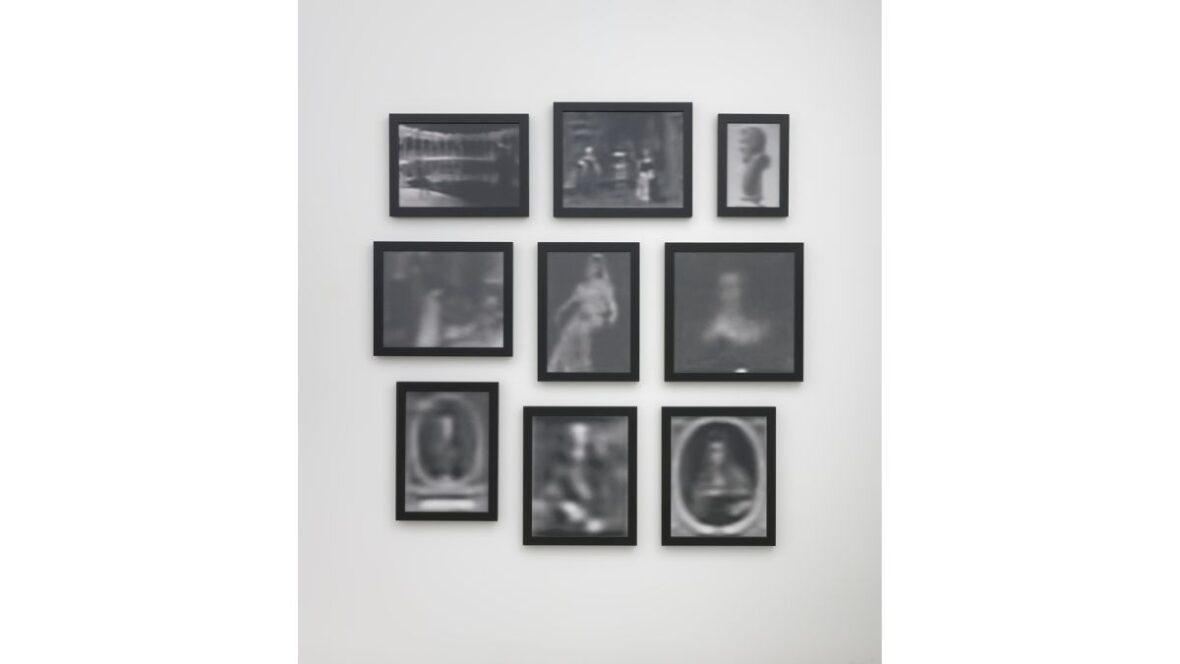Miné Okubo:
The Evacuation Work
Artist Bio
Ms. Okubo was an artist whose work spanned a 65 year period. She worked in a variety of media and gained a national reputation. In 1991, she was honored at the National Museum of Women in the Arts in Washington D.C. for her lifelong dedication and achievements in art. Her life and work were featured in the book Women Artists: Multi-Cultural Visions, by SOU art professor, Betty LaDuke.
Exhibition Statement
A dark and complex moment of American history is documented in Okubo’s exhibition entitled Evacuation Work. The claiming of the American dream was postponed for 110,000 west coast Americans of Japanese descent when they were evacuated by the U.S. Government to remote relocation camps at the outbreak of World War II. This chapter from American history is documented in paintings and drawings by Mine Okubo. She was an artist who had a first-hand experience in the relocation camps, and translated the chaotic and degrading world of reality into poetic visions of strength and perseverance. Mine Okubo passed away in 2001, at the age of 88. Throughout her life she was the recipient of several awards and distinctions, and her work was the subject of numerous international retrospective exhibitions.
Citizen 13660 was the designation given to Mine Okubo by the United States Government. After the outbreak of World War II, she and 120,000 other Japanese Americans were forced to evacuate their west coast homes and move to relocation camps in remote areas of the country. Their American dream was shattered as their loyalty was questioned during a period of American history marked by complex emotions and uncertainty. Separated from her family, she and her younger brother were sent to a camp in Topaz, Utah. Her experiences of bewilderment, humiliation, and perseverance were documented in this exhibition.
In a period of over two years, Okubo produced hundreds of drawings and paintings in an attempt to reveal the injustice and horrendous psychological impact of camp life. Her art work served as a diversion from the dehumanizing and depressing atmosphere of the camps. More importantly, it served as a document announcing to the public that such injustices should never again be experienced or tolerated by American citizens.
The Evacuation Work presented a small segment of Okubo’s artistic talents. She had a successful career as a commercial artist working for many of the nation’s finest periodicals. Her paintings and drawings have been the subject of several retrospective exhibitions and has earned her critical accolades and awards.
Artist
Miné Okubo




